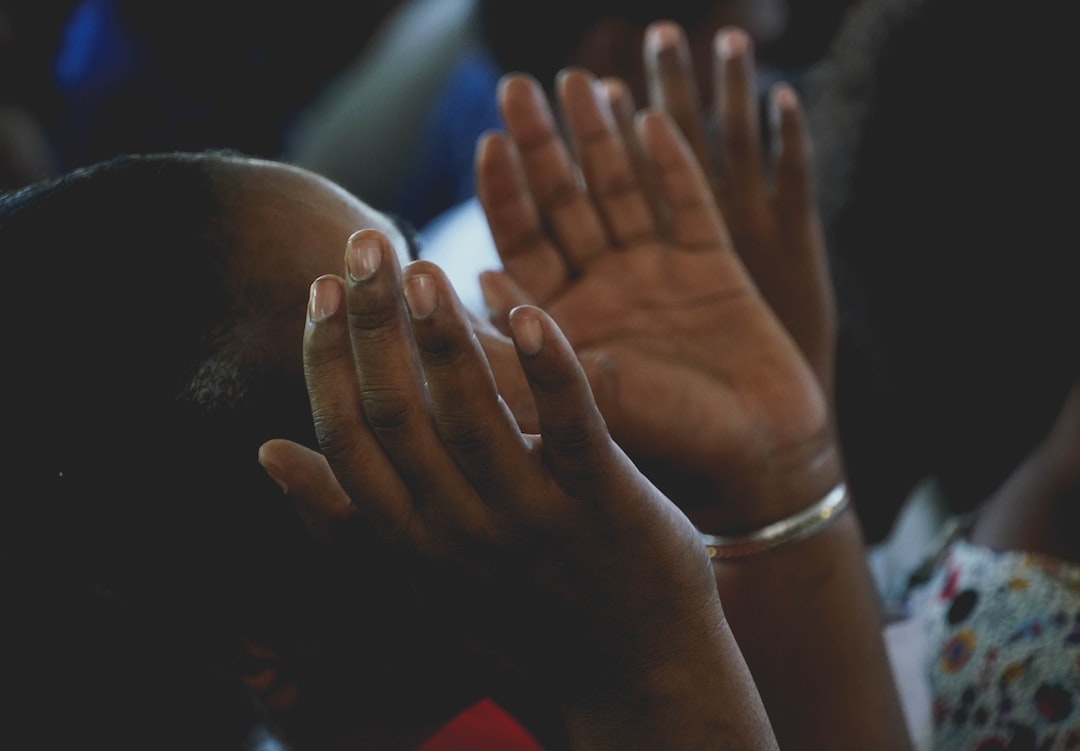The Importance of Ramadan in the Islamic Faith
Ramadan, the holy month of fasting, holds a significant place in the Islamic faith. It is observed by Muslims worldwide as a period of intense devotion, reflection, and self-discipline. This annual spiritual journey is a time for adherents to reconnect with their faith, seek forgiveness, and increase their acts of worship. The importance of Ramadan cannot be understated, as it encompasses not only physical fasting but also mental, emotional, and spiritual cleansing.
At the heart of Ramadan lies the act of fasting from dawn until sunset. Muslims abstain from all food, drink, and other physical needs during these daylight hours for a full lunar month, which typically lasts 29 or 30 days. Although the physical aspect of fasting is indeed challenging, its significance extends beyond temporary hunger or thirst. Fasting allows Muslims to experience empathy for those who are less fortunate, promoting compassion and understanding towards others. It reminds them of the blessings bestowed upon them and encourages gratitude for all that they have.
During Ramadan, Muslims also engage in intense prayer and recitation of the Quran, their holy book. The long nights are spent in mosques, as individuals come together to read and reflect upon the verses of the Quran. This practice cultivates a deeper understanding of the Islamic teachings and strengthens the bonds of the community. It is believed that during the month of Ramadan, the gates of heaven are open, and divine mercy is abundantly available. Muslims seize this opportunity to seek forgiveness for their past wrongdoings and to purify their souls.
Charity plays a vital role during Ramadan as well. Muslims are encouraged to give generously to those in need, exemplifying the Islamic principle of sharing wealth with the less fortunate. The act of charity not only benefits the recipients by providing them with essential support but also brings immense blessings to the giver. The spirit of selflessness and compassion prevalent during Ramadan extends beyond monetary donations. It prompts individuals to engage in acts of kindness and volunteer their time to assist others, fostering a sense of unity and brotherhood.
The social aspect of Ramadan is equally important, as families and friends come together to break their fasts and partake in the evening meal known as Iftar. This communal breaking of fasts encourages bonding and strengthens relationships. Muslims take pleasure in sharing food and fellowship, inviting neighbors, colleagues, and even strangers to join them in the breaking of the fast. Such acts of generosity and inclusion transcend religious boundaries and promote harmony among diverse communities.
Moreover, Ramadan is a time of self-reflection and personal growth. As Muslims refrain from negative behaviors, such as gossiping or indulging in anger, they seek to cultivate a sense of self-discipline. The month provides an opportunity to evaluate one’s character, improve oneself, and foster a spiritual connection with Allah. This practice carries over beyond Ramadan, instilling in Muslims the importance of discipline, self-control, and moral rectitude in all aspects of life.
Beyond its many spiritual benefits, Ramadan also has positive effects on physical health. The practice of fasting has been shown to promote weight loss, improved insulin sensitivity, and detoxification. By abstaining from food and drink for an extended period, the body undergoes a natural process of self-purification, which enhances overall well-being. Furthermore, the regulated eating pattern during Ramadan encourages healthier dietary choices, focusing on nourishing foods and portion control.
In conclusion, the importance of Ramadan in the Islamic faith is multifaceted. It is a time of fasting, prayer, and reflection that encompasses both the physical and spiritual well-being of Muslims. Ramadan provides an opportunity for personal growth, cultivating empathy and compassion towards others while strengthening one’s relationship with Allah. It promotes unity, self-discipline, and gratitude, fostering a lasting impact on individuals and communities. This annual observance serves as a powerful reminder of the values and principles that define the Islamic faith and allows Muslims to experience a profound sense of spiritual fulfillment.

